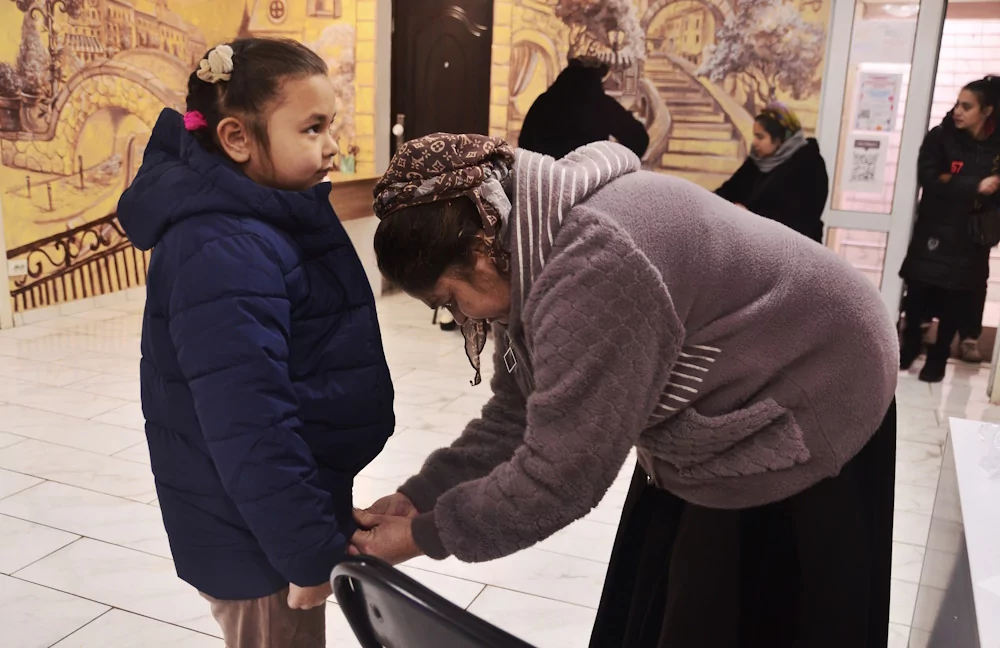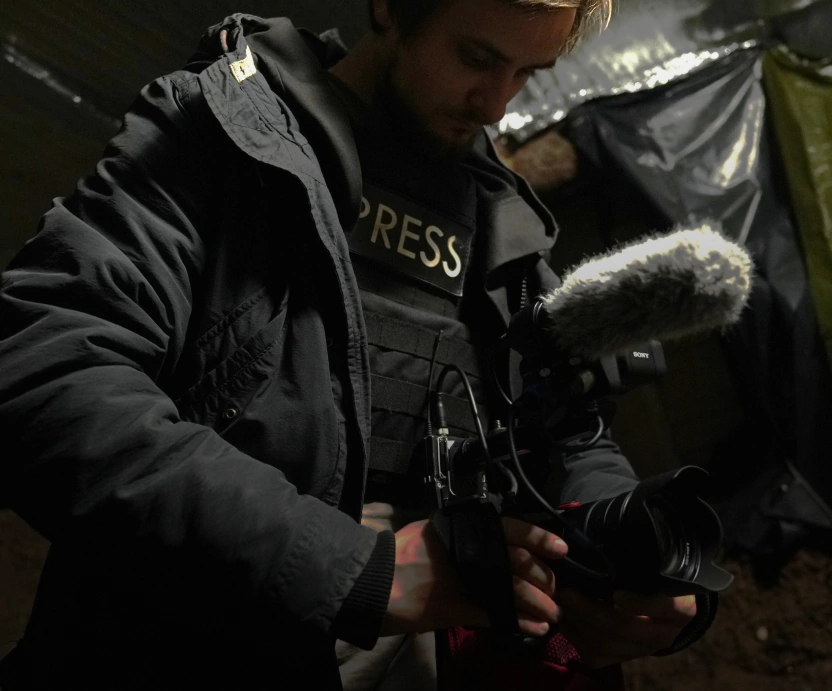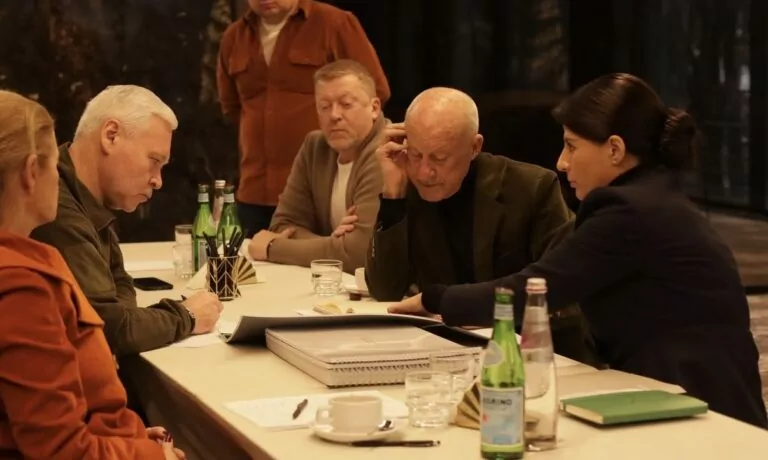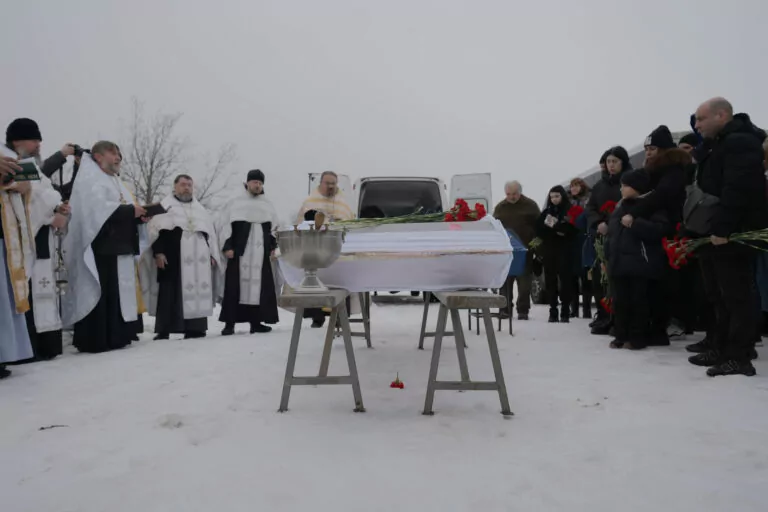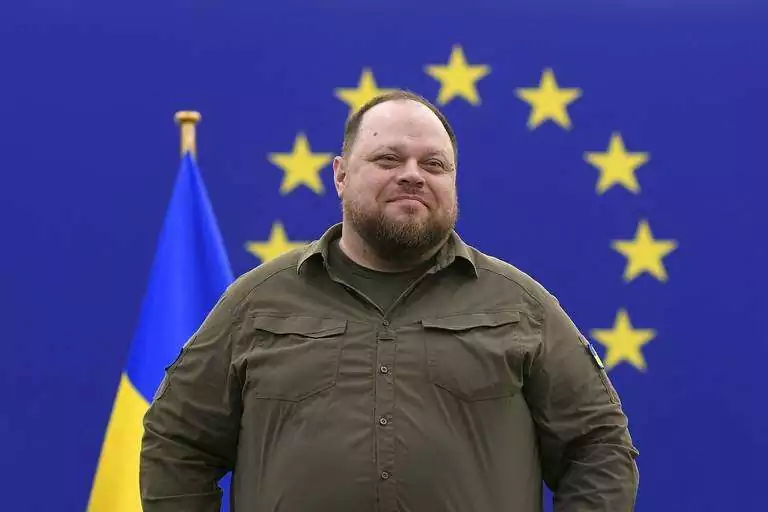UKRAINE, Apr 9 — Nearly 90% of Romani people living in Kharkiv Oblast left after the beginning of Russia’s full-scale invasion, said Mykola Burlutskyi, the head of Kharkiv civil organization “Chachimo,” which raises awareness about Roma’s human rights issues and assists with their integration to Ukrainian society, to Gwara Media.
On April 8, the world celebrated International Romani Day. Roma community is one of the most vulnerable groups of Ukraine’s population: Romani people encounter barriers in access to education, medicine, employment, and social services as they are being subjected to racism and discrimination.
Burlutskyi says that Russia’s full-scale invasion exacerbated these issues: “The question of material wellness is especially urgent, (the question) of documentation because many Roma people didn’t have documents when they left their homes (during evacuation). (They also have troubles) with getting jobs, adapting to new cities.”
Racism and Romaphobia during full-scale war were also expressed in, for instance, internally displaced Romani being blocked from getting housing in the hosting regions. “In other words, (hotels that accepted refugees for free) said they have no free space, but then Roma people saw that other people have been accommodated in those hotels.”
While there are many internally displaced Roma from Kharkiv Oblast, Burlutskyi noted, there are many Romani who came to Kharkiv Oblast fleeing Russia’s war in other parts of Ukraine. He added that the overall number of internally displaced people among Roma in Ukraine is 80,000-90,000 people.
“In the last three years, ‘Chachimo’ has provided humanitarian aid to internally displaced Romani in Uzhhorod (a city in western Ukraine — ed.), where we moved as an organization. We help them with food and medications and provide them with legal and social counsel. At the beginning of the (full-scale) war, we also did evacuations,” Burlutskyi said.
Read more
- Kharkiv court finds Baptist man who refused to join Armed Forces not guilty of draft evasion
- Fact-check. No, Ukrainian refugees weren’t called “homeless, jobless beggars” in Stephen Colbert’s TV show

